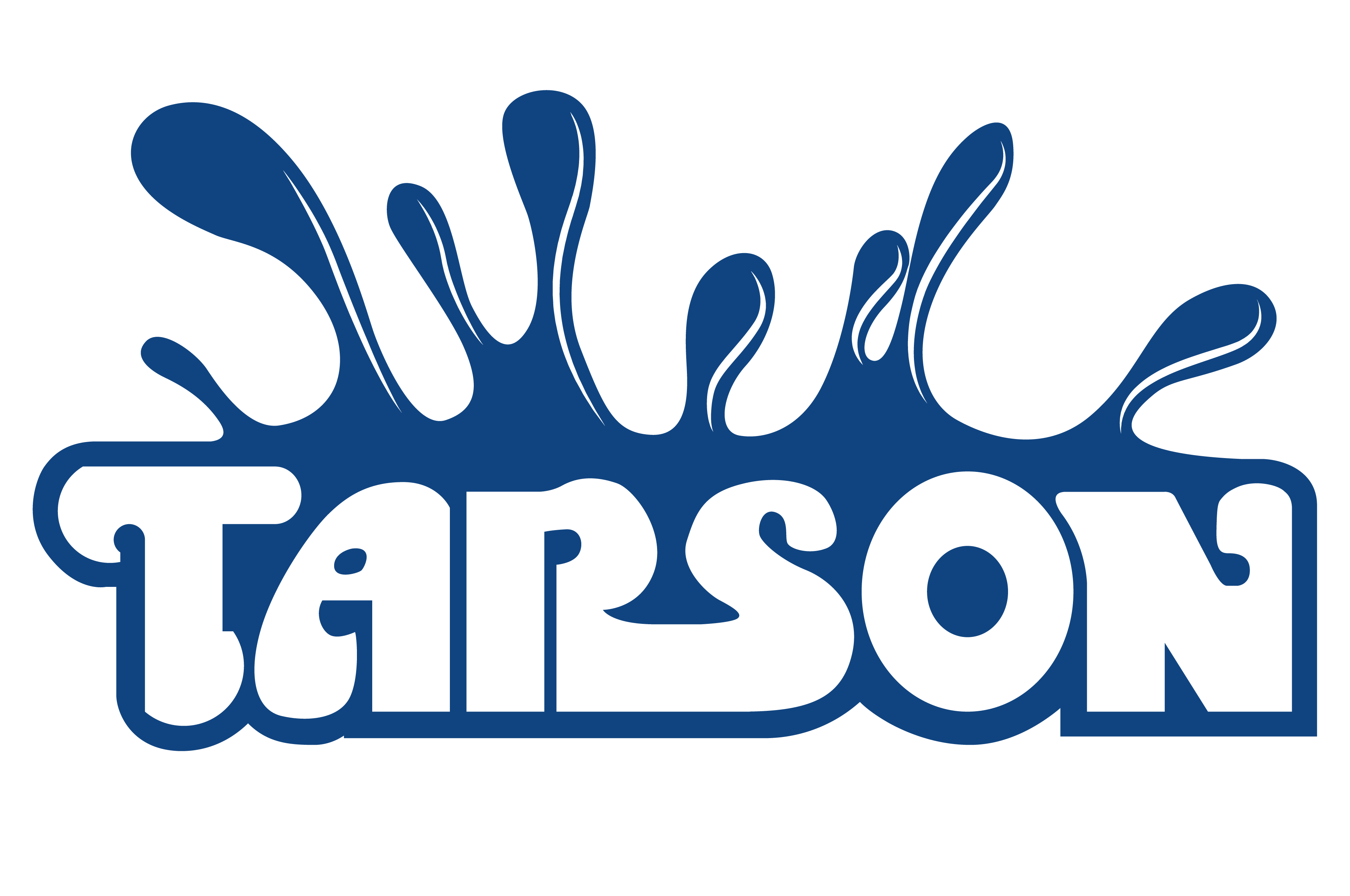Doing it the right way can mean the difference between a summer of fun and a summer of headaches! Follow these easy and important steps to ensure a smooth, carefree pool opening in the spring. And remember Tarson Pools and Spas is always ready to assist with information tailored to your specific pool care needs.
- Removing the Pool Cover For existing pools, start by removing the pool cover. Drain any water collected on the cover away from your pool. Clean the cover with a mild detergent and water to prevent sticking and odors, then store it in a dry, sun-protected place.
- Filling Your Pool Fill your pool to the middle of the skimmer opening, which is essential for proper water circulation.
- Checking Pool Equipment After your pool’s circulation system is operational, add a clarifier to help maintain clear water. Look for products containing polymers designed for pool water clarification.
- Getting Your Water Tested Allow the pool water to circulate for 24 to 48 hours before testing. Collect a water sample from elbow-depth using a clean plastic container. Take this sample to a Tarson Pools and Spas location for a detailed water analysis. Modern computerized water analysis systems provide accurate and almost instant results, offering personalized instructions for balancing your pool water.
- Testing Sanitizer and pH Levels You can perform basic water tests using a reliable test kit or test strips. Here are the ideal ranges for a balanced pool:
- Free Chlorine residual: 1.0 to 4.0 ppm
- Total Bromine residual: 1.0 to 4.0 ppm
- pH: Ideally 7.4 to 7.6 (Acceptable range is 7.2-7.6)
- Total Alkalinity: 125 to 150 ppm (or 80 to 150 ppm for saltwater pools)
- Calcium Hardness (plaster pools): 200 to 275 ppm
- Calcium Hardness (other types): 175 to 225 ppm
- Routine Maintenance Consistent maintenance is key to a healthy pool. This includes regular cleaning, balancing the water chemistry, and ensuring your filtration system is functioning properly. There are various systems available for pool maintenance, including traditional chlorine-based methods, non-chlorine alternatives, and salt-based systems. Choose the one that best fits your pool type and personal preference.
Additional Tips for Pool Owners:
- Regular Cleaning: Skim your pool daily and vacuum it weekly to keep it free from debris.
- Filter Maintenance: Clean and backwash your pool filter regularly to ensure efficient operation.
- Seasonal Care: Pay attention to seasonal changes and adjust your pool maintenance accordingly, especially during heavy use in summer or closing down in winter.
- Safety Measures: Always store pool chemicals safely and keep them out of reach of children and pets.
- Energy Efficiency: Consider using a pool cover when the pool is not in use to reduce evaporation and save on heating costs.
Remember, a well-maintained pool is a source of joy and health benefits. Regular care not only keeps the pool inviting but also extends its lifespan.




